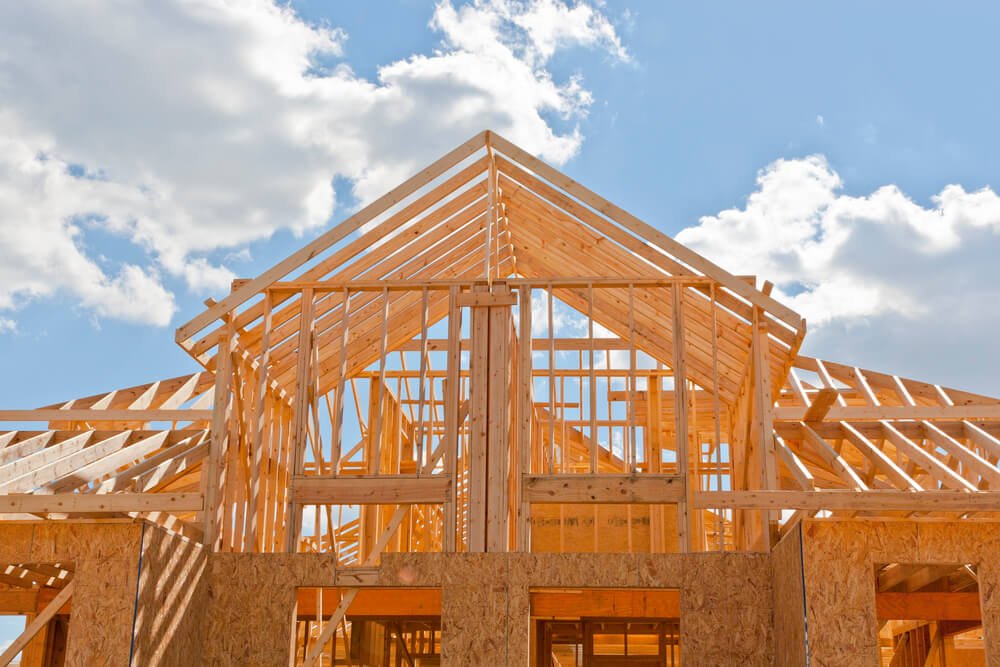Can I Legally Build my Own House In the U.K.?
Self-building of homes in the U.K. has become very popular in recent years for a number of reasons. Firstly, there have been many very popular television shows that document the trials and tribulations, actually mostly the absolute horrors and problems that people encounter when attempting a self-build. But that’s what makes entertainment! Secondly, the difficulty of obtaining a mortgage since the economic downturn has made it impossible for some people to purchase a property, especially for first-time buyers who have to come up with large deposits. And, in some popular areas, property prices have continued to rise, and have continued to stay out of the reach of many people, explains a building company in London, MPC Contractors Limited.
Obtaining land, on which to build, is a huge challenge on a small, densely populated island. There are all kinds of restrictions on land usage and provision made for the protection of the landscape and farmland.
It is, however, interesting to note that local councils have recently been ordered to assist people in finding vacant land that is suitable for building a house on, more specifically to self- build.
So, what are the legal requirements for building your own home?
Before you read any further, it is worth taking a look at a cautionary tale as recorded on BBC news on the 3rd June 2016 called:
“Demolition of Surrey “hidden castle” almost complete.
Robert Fidler found out that building without planning permission is a costly waste of time.
What is the “Right to Build”?
New laws were introduced in October 2016 giving future homeowners the right to build their own homes. Local councils are required to keep a register of vacant land that is serviced and viable for building a home on.
The land does not need to be owned by the council, but being serviced means that it has all the necessary connections to utilities and roads, which saves the self-builder a vast amount of time and money. The house that is built has to be the main residence of the owner and cannot be sold or rented out.
It is important to note that the Right to Build only applies in England, NOT Scotland, Wales or Northern Ireland.
There are restrictions on who qualifies for this scheme: only EU citizens, citizens of the European Economic Area and over 18-year-olds can apply.
Obtaining Planning Permission
Whether you obtain land through the Right to Build initiative, an Estate Agent or through other means, you will still need to make an application for Planning Permission before going one step further.
Remember that, without Planning Permission, it is illegal to start construction and the local council can demand that anything that you have constructed must be demolished at your own cost. They can enforce fines or even a prison sentence for failure to comply!
Many planning applications are refused on the first attempt, but once amended (a second application is usually free) and resubmitted, they are usually granted.
One of the biggest setbacks to obtaining Planning Permission comes in the form of neighbors. Making sure that they have no objections is worth the effort, and working with them on their concerns will definitely be to your benefit.
Local authorities provide guidance notes and you would be advised to follow them to the letter, as well as including them in your application.
The two levels of planning permission are as follows:
- Outline Planning Permission – this means that the plot is suitable for building on, but the construction plans have not yet been approved.
- Full Planning Permission – Fully detailed plans for a specific type of construction are submitted, together with detailed drawings for Building Regulations approval. There will be conditions attached to your Planning Permission and these must be followed to the letter. If you fail to comply, the consent will be withdrawn and any work already completed will be illegal.
There is detailed information on Planning Permission to be found on the UK government planning portal website and a handy guide can be printed out for reference.
The answer to the question “Is it legally possible to build your own house in the UK?” is yes and the government is actively encouraging people to do so. The reason for this is the fact that the government has not been able to achieve the targets of providing enough homes to meet demand in recent years.
However, it is not the easiest option when trying to secure your own home due to the number of legal hoops that have to be “jumped through”, as well as other considerations such as costs, funding, managing the build, weather and still keeping a hold on your sanity!


